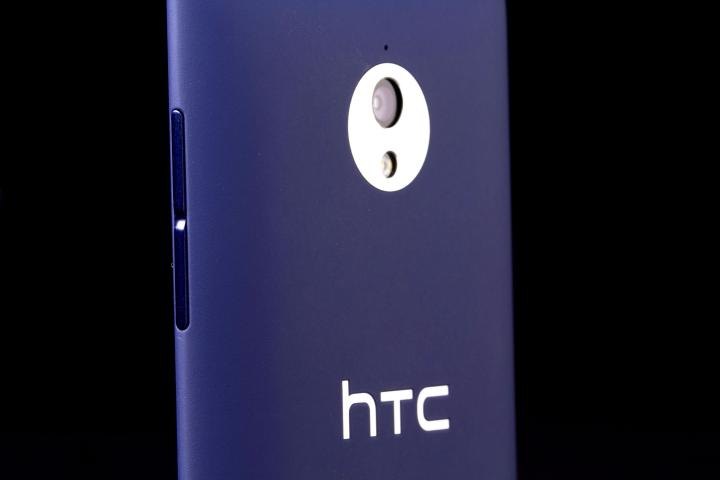
A report published by the Wall Street Journal says HTC is working on its own smartphone operating system, which it will use to boost its market share in China. Quoting anonymous sources, the WSJ says the project is supervised by HTC’s chairperson Cher Wang, and is being developed following discussions with the Chinese government and the publication of a white paper saying the industry is relying too much on Google’s Android operating system.
While there are no firm technical details in the report, such as the platform on which the new OS will be built, it is stated the new software will integrate Chinese-specific social networking apps like Weibo, in the same way as Apple has done with Facebook and Twitter on iOS.
It’s by no means the first new operating system we’ve seen or heard about this year, as several other companies, from Mozilla to Samsung, are also working on breaking Google’s stranglehold on the industry. It may seem surprising that HTC has decided to go its own way instead of choosing an existing alternative such as Firefox OS, but the open nature of Mozilla’s new OS is equally as unattractive to Chinese officials as Android.
Despite sharing the same language and geographical proximity, the ties between Taiwanese HTC and China aren’t all that strong, and changing that is something which analysts are saying could also alter the company’s finances in the future. Mergers with Chinese companies such as Huawei and Lenovo have been suggested as a way to open up the Chinese market, but by developing a new Chinese-specific operating system, HTC could avoid such a drastic solution.
Perhaps the most telling part of the report is there’s no mention of HTC CEO Peter Chou. Recently outed as a difficult, impulsive, but talented boss in a profile by Reuters, Chou’s leadership has been blamed for the company’s financial woes over the past year. Could Cher Wang’s involvement with this project signal she is taking a more active role in the company’s development?
Apparently, HTC’s new OS is already being tested and the first phones running it could launch before the end of the year.
Editors' Recommendations
- HTC begins its comeback bid with a pair of new phones
- The HTC Exodus smartphone: Here’s everything we know




